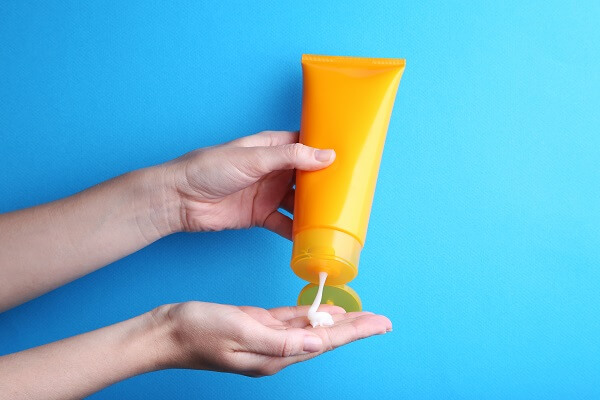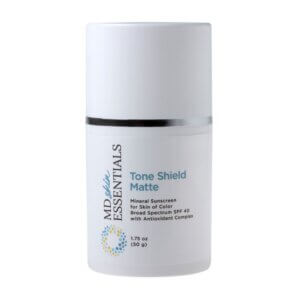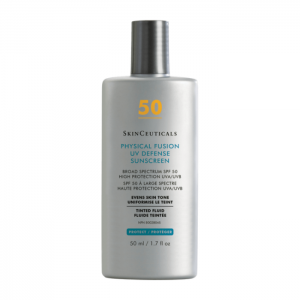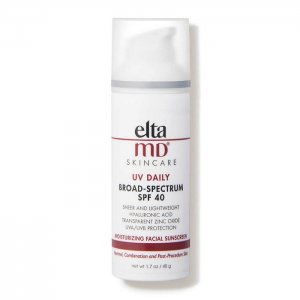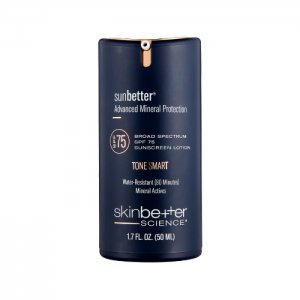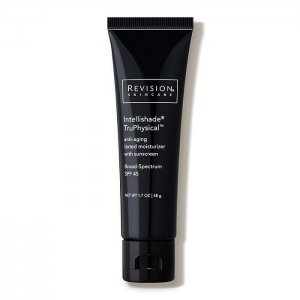Does Sunscreen Expire?
The easy answer is – yes, sunscreen does expire, but there’s a little more to it. In this blog, Dr. Arathi Rana of U.S. Dermatology Partners in Sherman and Paris, Texas, will go through some of the basic details about sunscreen expiration dates and how to know when it’s time to buy a new bottle of sunscreen.
According to Dr. Rana, “If you use sunscreen every day as recommended by your dermatologist, you shouldn’t have any problem going through a bottle of sunscreen before it expires, but it’s still important to know what to look for when it comes to expired sunscreen.” Keep reading to learn more about sunscreen expiration dates or call your dermatologist to schedule an appointment.
How to Tell if Sunscreen is Expired
Dr. Rana says, “Sunscreens are required by the U.S. Food and Drug Administration to maintain their efficacy for at least three years or be stamped with a clear expiration date. In theory, you should have three years to use up most bottles of sunscreen, but you can’t be sure how long a store had the sunscreen on its shelves before selling the product. Also, in most cases, stores get sunscreen from warehouses that may have had the stock on hand for months or even years. That’s why it’s important to know what to look for when it comes to sunscreen expiration.”
- Check for a Date – The first and most obvious thing to look for is an expiration date, but as discussed above, manufacturers aren’t required to include this information on the label if the product is good for at least three years. That means the majority of sunscreens don’t have an expiration date printed on the packaging. If you purchase sunscreen without an expiration date, write the date of purchase on the bottle and use it up or discard it after three years. This isn’t a foolproof method, however, since the store you purchased the sunscreen from may have had the product on its shelves for several months or years.
- Check for Changes – Monitor the product for changes. If the sunscreen or its container begins to change color, you should discard the product. Additionally, if sunscreen changes in texture, you should get rid of it. These changes indicate a shift in the chemical composition that makes sunscreen less effective.
- Check for Odd Smells – Smell is another indicator that it may be time to exchange your sunscreen for a new bottle. Sunblock and sunscreens are both susceptible to bacteria growth. An odd odor is usually the first warning sign that bacteria are growing in your sunscreen, and it needs to be discarded immediately when this happens.
- Check for Sunblock vs. Sunscreen – Physical sunblock is usually longer lasting than chemical sunscreens, so if you use sunblock, your products will last longer before any noticeable change in composition and efficacy.
Keeping Sunscreen Fresh
To keep sunscreen fresh and effective for as long as possible, it should be stored at room temperature. Avoid keeping your sunscreen bottle in direct sunlight, in high heat, or in a very cold area. It may be convenient to keep a bottle of sunscreen in the car, but in the cold of winter or the heat of summer, the product can go bad more quickly. The same goes for storing sunscreens in pool houses, garages, or outdoors. When you’re going to be outside for an extended period of time and will need to reapply, make sure to keep your sunscreen covered by storing it in a bag or wrapping it in a towel. If you store your sunscreen in a warm place, it will expire more quickly, so you’ll need to exchange the product every few months.
Shop sunscreens online at DermSkincare.com »
What Happens if You Use Expired Sunscreen? Does it Still Work?
According to Dr. Rana, “In most cases, sunscreen quickly becomes less effective after its expiration date. Applying an expired sunscreen may be better than no sunscreen at all, but for the most part, expired sun protection products won’t provide the level of protection you need to keep your skin safe from the sun’s damaging rays. This increases your potential to receive damage like sunburns in the short term as well as putting you at elevated risk for more serious forms of long-term sun damage like dark spots, wrinkles, and skin cancer.”
In addition to becoming less effective at protecting skin after expiration, sunscreens that are expired may also cause other skin health issues. Using expired sunscreen puts you at risk for allergic reactions, breakouts, irritation, and other skin concerns. Additionally, bacteria can colonize any sun protection products, but this is much more likely the longer you keep your sunscreen. Exposing your skin to bacteria in sunblock puts you at risk for infection and other skin and whole-body health concerns.
Other Important Details to Look for on Your Sunscreen Label
In addition to the expiration date, there are a few other important details you need to check to ensure you’re using the best sunscreen for your needs, including:
- Sun Protection Factor (SPF) – In most cases, an SPF of 30 or higher is adequate to protect skin from sun damage, but if you’re going to be outside for an extended period, have pale skin, or are sensitive to sun exposure, a higher SPF may be advisable.
- Broad-Spectrum – Look for this phrase on the sunscreen or sunblock bottle. Broad-spectrum sunscreen protects from both UVA and UVB rays.
- Sunblock vs Sunscreen – Sunblock uses ingredients that sit on top of the skin to physically block out sunlight. Sunscreen uses chemicals that absorb and transform the sun’s UV rays, so they don’t damage the skin.
- Non-comedogenic – If you’re prone to acne or have oily skin, non-comedogenic sunscreens will help you avoid breakouts and keep skin clear while protecting it from the sun’s damaging rays.
Shop sunscreens online at DermSkincare.com »
Applying Sunscreen Correctly
According to Dr. Rana, “When used properly, sunscreen shouldn’t last long enough to expire. Even during the winter months, you should be applying sunscreen to your face, neck, and hands at the very least. Any exposed skin needs to be protected. That means you should apply SPF 30 or higher sunscreen every day. If you’re going to be outdoors in the summer heat, the odds are good you are going to expose more of your skin to the sun, which means you’ll need to use more sunscreen to prevent sun damage.”
For a trip to the pool, the average adult needs to apply at least 1 ounce (the size of a shot glass) of sunscreen to their body. If you have a four-ounce bottle of sunscreen, you can only reapply four times before you’re out of sunscreen. You need to reapply the same amount of sunscreen every two hours at the very least. That means if you’re spending a full day at the pool, you’ll likely go through a whole bottle of sunscreen in one trip. And, even with regular and adequate sunscreen application, your skin can still be damaged by the sun. For this reason, it’s important to take breaks periodically to seek shade or otherwise cover your skin. Prolonged sun exposure increases the risk for sunburns and long-term adverse effects like sunspots, the development of fine lines and wrinkles, and even skin cancers.

Dr. Rana says, “In addition to taking steps to prevent sun damage, you should also proactively check your skin for warning signs of cancers and other serious concerns by performing regular skin health self-exams and visiting your board-certified dermatologist once a year for a professional skin exam.”
Visit U.S. Dermatology Partners
If you’re interested in learning more about sun protection or skin health, the U.S. Dermatology Partners team is here to help. It’s easy to get started working with our team from anywhere. Simply fill out our online scheduling request form. Once we receive your request, a member of the team nearest you will be in touch to finalize details.
Find a location near me
or

